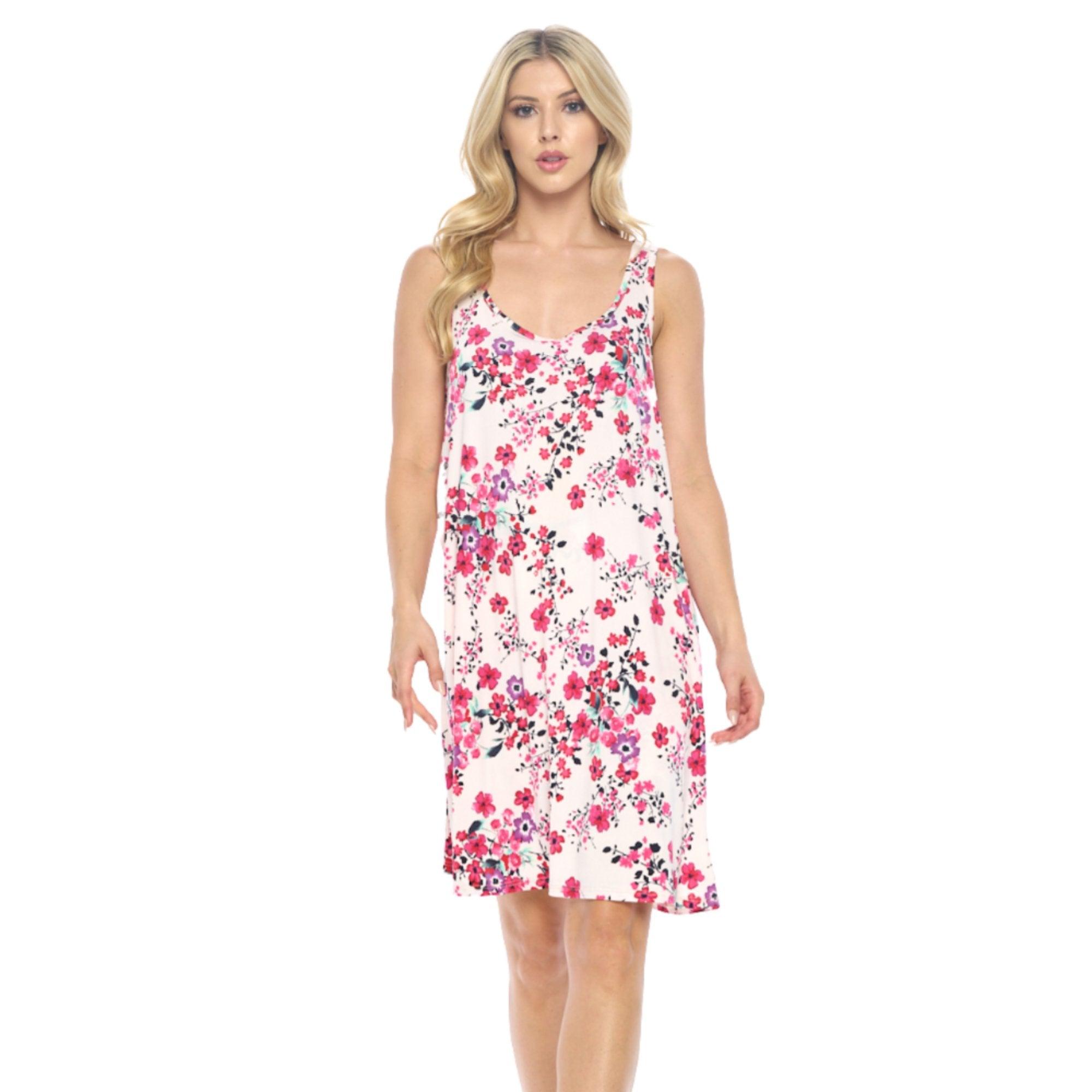Midlife can be a time of significant change for us as women. This phase, which typically spans from our 40s to our 60s, brings unique challenges and opportunities for self-discovery, reinvention, and personal growth. Whether it's managing physical changes, navigating evolving relationships, or dealing with emotional shifts, midlife can feel overwhelming at times. But with the right mindset and strategies, we can learn to adapt and thrive. Here are some personal approaches that have helped me and many others cope with the life changes that come during this transformative phase.
1. Embracing Physical Changes with Self-Care
One of the first things I noticed as I entered midlife was how my body began to change, particularly with the onset of menopause. Hot flashes, weight gain, hormonal fluctuations, and shifts in skin and hair texture became new realities. At first, it felt like my body was no longer mine, and I struggled to feel comfortable in my own skin.
What helped me cope was adopting a more intentional approach to self-care:
-
Staying Active: I found that regular physical activity was key. Whether it’s walking, yoga, or strength training, moving my body not only helps me stay fit but also boosts my mood and energy levels. It’s been a lifesaver for reducing symptoms like hot flashes and helping me sleep better.
-
Eating a Balanced Diet: As I became more mindful of what I was eating, I noticed how much better I felt. Incorporating whole grains, lean proteins, and plenty of fruits and vegetables into my meals gave me the energy I needed to keep up with the demands of life. Focusing on calcium-rich foods also became important for my bone health as I moved through menopause.
-
Practicing Good Skincare: Dry skin and wrinkles are an inevitable part of aging, but taking care of my skin became a form of self-love. Staying hydrated, using quality skincare products, and protecting my skin from the sun helped me feel more confident in my appearance.
By prioritizing self-care, I’ve learned to embrace these changes rather than resist them. It’s not about trying to hold onto youth—it's about feeling strong, healthy, and beautiful at any age.
2. Prioritizing Emotional Well-Being
Emotionally, midlife can be a rollercoaster. Hormonal changes, career transitions, and the shift in family dynamics—like the "empty nest"—often bring up feelings of anxiety and stress. I certainly felt overwhelmed at times, but I found ways to take control of my emotional health.
-
Acknowledging My Feelings: One of the most important things I’ve learned is that it’s okay to feel a range of emotions during this phase. Whether it's sadness, frustration, or even joy, giving myself permission to feel has been incredibly freeing. Talking to friends, seeking therapy, or joining support groups helped me process my emotions in a healthy way.
-
Practicing Mindfulness: Mindfulness and meditation became part of my daily routine. Even just a few minutes of quiet reflection each day helped me manage stress and brought a sense of calm during overwhelming moments. It has been a valuable tool for cultivating inner peace and emotional resilience.
-
Setting Boundaries: As women, we’re often expected to take care of everyone around us—whether it’s our children, our partners, or our aging parents. I realized that setting boundaries was crucial for protecting my emotional well-being. Learning to say “no” when necessary and asking for help when I needed it allowed me to focus on my own health and happiness without guilt.
By taking the time to nurture my emotional well-being, I’ve been able to approach midlife with more clarity, confidence, and self-compassion.
3. Reevaluating and Redefining Personal Goals
Midlife often brings a period of reflection, and I found myself questioning some of the goals and dreams I had set earlier in life. As my children grew older and my career shifted, I realized it was time to reevaluate what mattered most to me.
-
Revisiting Long-Term Goals: I took the time to reflect on my personal and professional aspirations. Some dreams I had let go of, while others I decided to pursue with renewed energy. Midlife has been the perfect time to revisit those long-term goals and decide how I want to spend the next chapter of my life.
-
Pursuing New Hobbies: I also discovered the joy of picking up new hobbies and interests. Whether it’s learning a new language, exploring photography, or even just gardening, engaging in creative activities has brought me a sense of fulfillment and excitement.
-
Focusing on Personal Growth: Personal growth became a priority for me. Whether it’s through reading, attending workshops, or simply trying new things, I’ve embraced this phase as a time for reinvention. I’ve learned that midlife is not about slowing down—it’s about exploring new possibilities and opportunities.
By reassessing my goals and allowing myself to pursue new passions, I’ve found a renewed sense of purpose and excitement about the future.
4. Nurturing Relationships
As my relationships evolved during midlife, I realized the importance of staying connected with the people I love. Whether it's friendships, family bonds, or romantic partnerships, nurturing relationships has become a key focus.
-
Strengthening Friendships: Friendships have been incredibly important during this time. As life gets busier, it’s easy to let those connections fade. But making the effort to spend time with friends—whether through a phone call, a coffee date, or even just texting—has brought me comfort and joy.
-
Maintaining Open Communication: In my relationship with my partner, we’ve had to navigate the changes that come with aging together. Open communication has been vital. Talking about our evolving needs and desires has helped us stay connected and supportive of one another through life’s ups and downs.
-
Seeking Support: I’ve also learned the value of asking for help and building a support network. Whether it's family, friends, or professionals, leaning on others during difficult times has helped me feel less isolated and more supported.

Conclusion: Embracing Midlife with Confidence
Coping with the changes of midlife can be challenging, but it’s also an opportunity for growth, empowerment, and reinvention. By embracing self-care, nurturing emotional well-being, reevaluating goals, and fostering meaningful relationships, we can navigate this phase with grace and confidence. Midlife isn’t an ending—it’s a new beginning, filled with possibilities for us to discover who we truly are.











